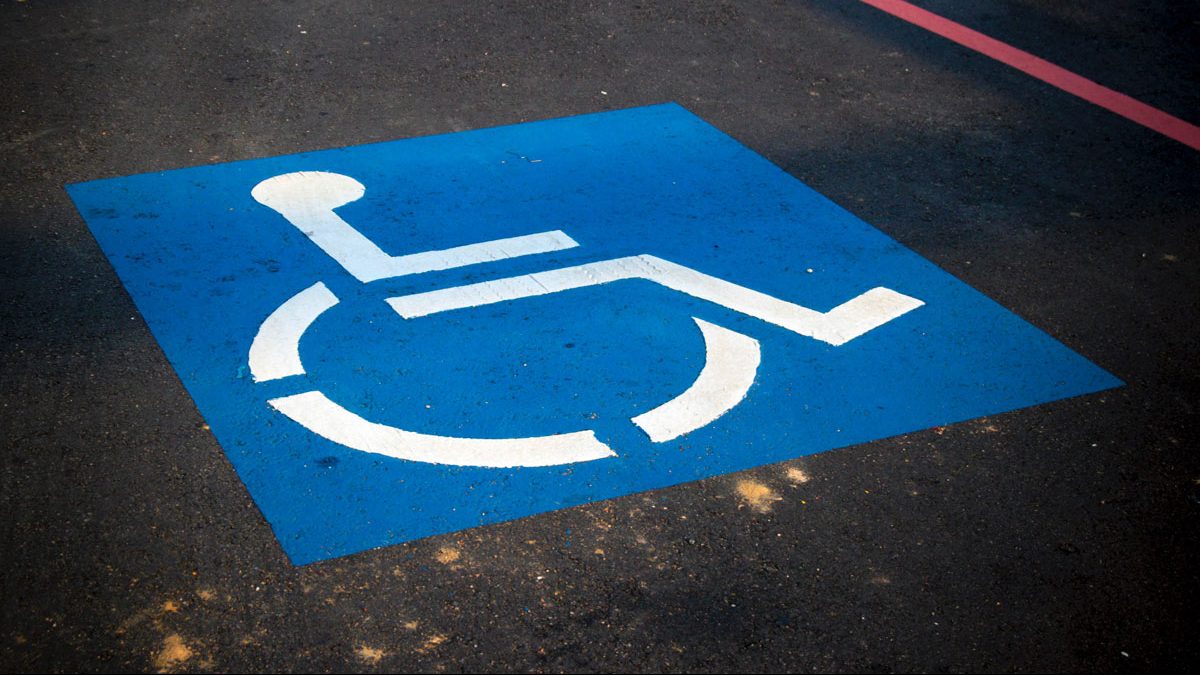Bridge Detroit: Poverty compounds challenges facing people with disabilities
More than half of Michigan residents with disabilities live in poverty. Journalist Nushrat Rahman shares what she learned from them.

Click here to view the full audio transcript.
More than a million people in Michigan live with a disability. Of those, about half also live in poverty. And in Detroit, 70 percent of people with disabilities have trouble affording basics such as food, housing, health care, childcare and transportation.
Detroit Journalist Nushrat Rahman investigated the effect poverty has on people with disabilities. She wrote about it for the Detroit Free Press and Bridge Detroit.
“The issue is that a lot of the services that folks with disabilities need require a lot of money.” — Journalist Nushrat Rahman
Rahman spoke with disability rights activists about some of the challenges they face. She tells the story of Jamie Junior, who’s been shopping for a wheelchair-accessible van.
“But the cost for that is steep,” Rahman says. “It’s around $50,000 for a used one.”
Instead, Junior uses paratransit services, which requires her to get up very early for work because of the time it takes to get there. Rahman says the City of Detroit uses a third-party vendor to provide paratransit service for DDOT, but is planning to bring the service in-house to make it more reliable and accessible.
Related: Detroit officials outline plans to better serve people with disabilities
But finding good transportation is just one problem people with disabilities face. Many receive benefits that help them pay for the cost of living. Working builds wealth, but the more money they earn, the more likely they are to lose those benefits. Rahman says experts call this the “benefits cliff.”
“The issue is that a lot of the services that folks with disabilities need require a lot of money,” she says. “So you’re kind of in this in-between period of making more money, but you need a lot more to be able to get a wheelchair-accessible van, for example.”
Rahman heard a common theme from the activists she interviewed. They told her their stories weren’t being heard. One quote stuck out from Dessa Cosma, the executive director of Detroit Disability Power.
“She said, ‘a disability is not a place of deficit,’” Rahman says. “They’re really important, essential parts of who we are and places of power for us.”
Listen: Journalist Nushrat Rahman shares what she learned from Michigan residents with disabilities.
Photo credit: AbsolutVision/Unsplash.
Trusted, accurate, up-to-date.
WDET strives to make our journalism accessible to everyone. As a public media institution, we maintain our journalistic integrity through independent support from readers like you. If you value WDET as your source of news, music and conversation, please make a gift today.

